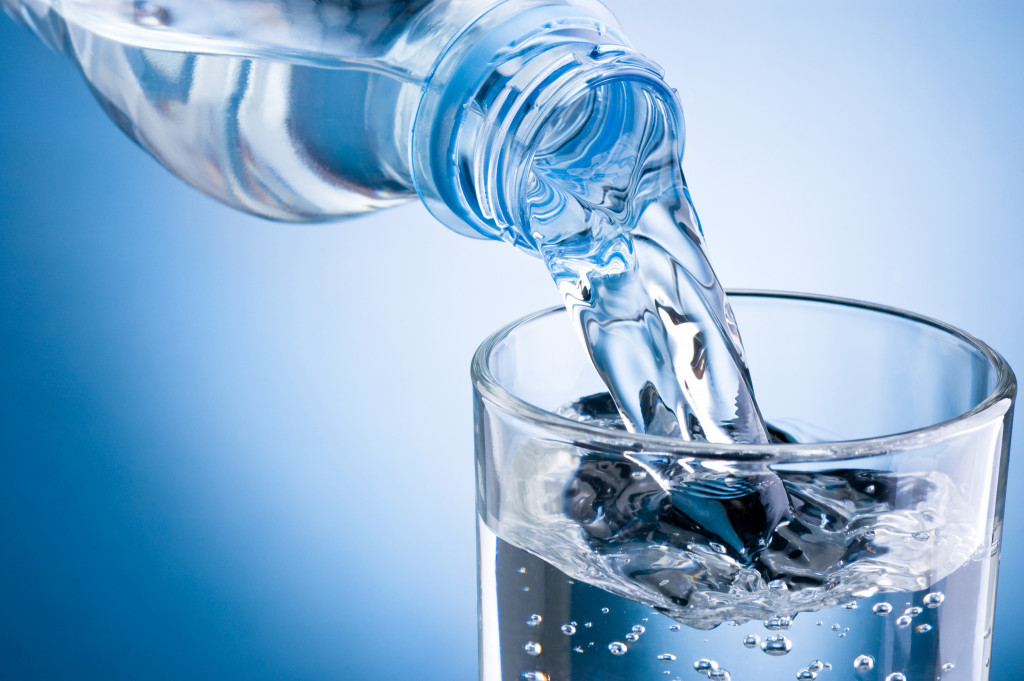Everyone knows that water is life; that it is a source of life. It fuels and cleanses the human body, but isn’t it ironic that there are still hundreds of millions of people worldwide that do not have access to clean drinking water?
Many people and organizations have invented innovative water-related equipment and items, ranging from tanks to plumbing and even fluid dispenser nozzle. And these innovations should also inspire others to come up with more ways to bring water to the less fortunate and privileged around the world.
Giving people access to water is not just a job for one person. It is a job for everyone, and there are some ways that governments and private individuals can do. Here are some thought starters:
Make inclusive water policies
Water supplies may already be existing, and they just need to be sourced from where they are. But the construction of facilities that will bring water to the people can often be complicated. The policy-making and decision making of governments should be transparent and streamlined to reduce the possibilities of red tape and corruption. When making policies, provisions should be inclusive. This means that the stakeholders and residents that will benefit from the construction of water facilities should be highly involved.
Invest in engineering
 Engineering has built some of the greatest feats and structures in the world, and the same discipline will also help solve the water crisis. The engineering does not always have to be that complicated or elaborate. It could be simple enough as long as there will be no wastage and that water actually reaches the stakeholders.
Engineering has built some of the greatest feats and structures in the world, and the same discipline will also help solve the water crisis. The engineering does not always have to be that complicated or elaborate. It could be simple enough as long as there will be no wastage and that water actually reaches the stakeholders.
For one, simple irrigation systems will bring water from the source to the farms. This will keep people from unsustainable practices such as farming close to the river or actually leaving farming to practice aquaculture — when more people actually fish, the river or water source will be saturated, causing a decline in aquatic species and even pollution.
Promote recycling and harvesting
Sometimes, the solution is simple yet people ignore it. While rains do not always come, you can maximize them when they happen. That is through rainwater harvesting. While there are some existing systems that allow rainwater harvesting, these can be further improved, thus giving people more options for water access. While at it, people and big companies can be encouraged to look for more efficient ways to treat wastewater, so it can be used again.
Rely on data
Data and water-related information should always be used as a reference when making water-related policies. Looking at data will allow policymakers and innovators to see patterns and trends as far as water usage and shortage are concerned. This will also help in building more effective decisions when it comes to water drilling and engineering practices.
The world can do it! Water is life, and everyone deserves to have access to it. While the challenge can be overwhelming, there will always be likeminded individuals that will help proactive organizations to make water accessible to all.

